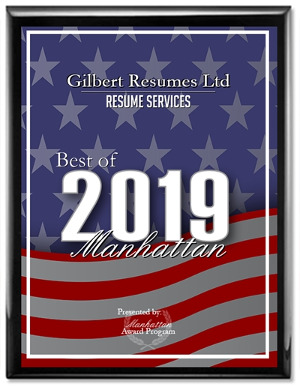How To Handle Bad Interviewers
{Click here to read the original article on The Nonprofit Times.}
Sometimes a job interview gone wrong is not your fault. Despite all of your hours of preparation, one thing you likely did not count on was meeting with an interviewer who is woefully unprepared for the task.
Luckily, there are ways to prepare for an inexperienced — or just plain bad — hiring manager.
Hiring new employees is one of the most important decisions for any organization so it’s likely you didn’t spend much time considering what you should do if the interviewer is not up for the task. While it is rare to encounter such a situation, you should still take at least some time to game plan in case this scenario becomes a reality. From the silent one to the newcomer, there are many different types of interviewers who can cause trouble for you.
Robert Half International is a career-consulting services with locations across the United States. In an article the company posted on Career Builder, four types of bad interviewers were listed, along with strategies to overcome them:
The Newbie: You think you are nervous? Just imagine how a hiring manager interviewing his first candidate feels. Because it’s his first time, this type of questioner will likely stick to his pre-determined game-plan; he will not at all be interested in spontaneous moments, and might simply ignore your off-the cuff insights. If you want to make sure you are able to highlight the information you want the interviewer to know, ask if you can talk about some of your accomplishments after he is done asking his questions.
The Silent Type: Nothing is more disconcerting than complete silence when you try to establish dialogue with the questioner. There’s nothing wrong with answering questions at length, but it’s much more comfortable having a back-and-forth. There’s no way you can force someone to speak, so your best bet in this case is to get details from other sources. For example, you can do further research into the organization online or make use of contacts you have in the workplace.
The Distracted One: This is the type of person who doesn’t have your full attention from the minute you walk in the door. Whether it’s a cell phone constantly going off, or another employee popping his head in the door every few minutes, you are going to be hard-pressed to get your points across in this situation. If this becomes too much of a problem, you might want to offer coming back at a time that is more convenient. If the Distracted Interviewer is still disorganized and distracted on your second visit, you should consider moving on from this opportunity.
The Intimidater: On the opposite end of the spectrum from the Distracted Interviewer is the individual who will overwhelm you with details. Some job seekers like being flooded with information about the job but it can be off-putting to some. If this is the case for you, and you think you’re going to have a hard time accomplishing everything that will be thrown at you, it’s best to be honest and tell the manager that you don’t think the position will be a good fit for you.
Comments are closed.







